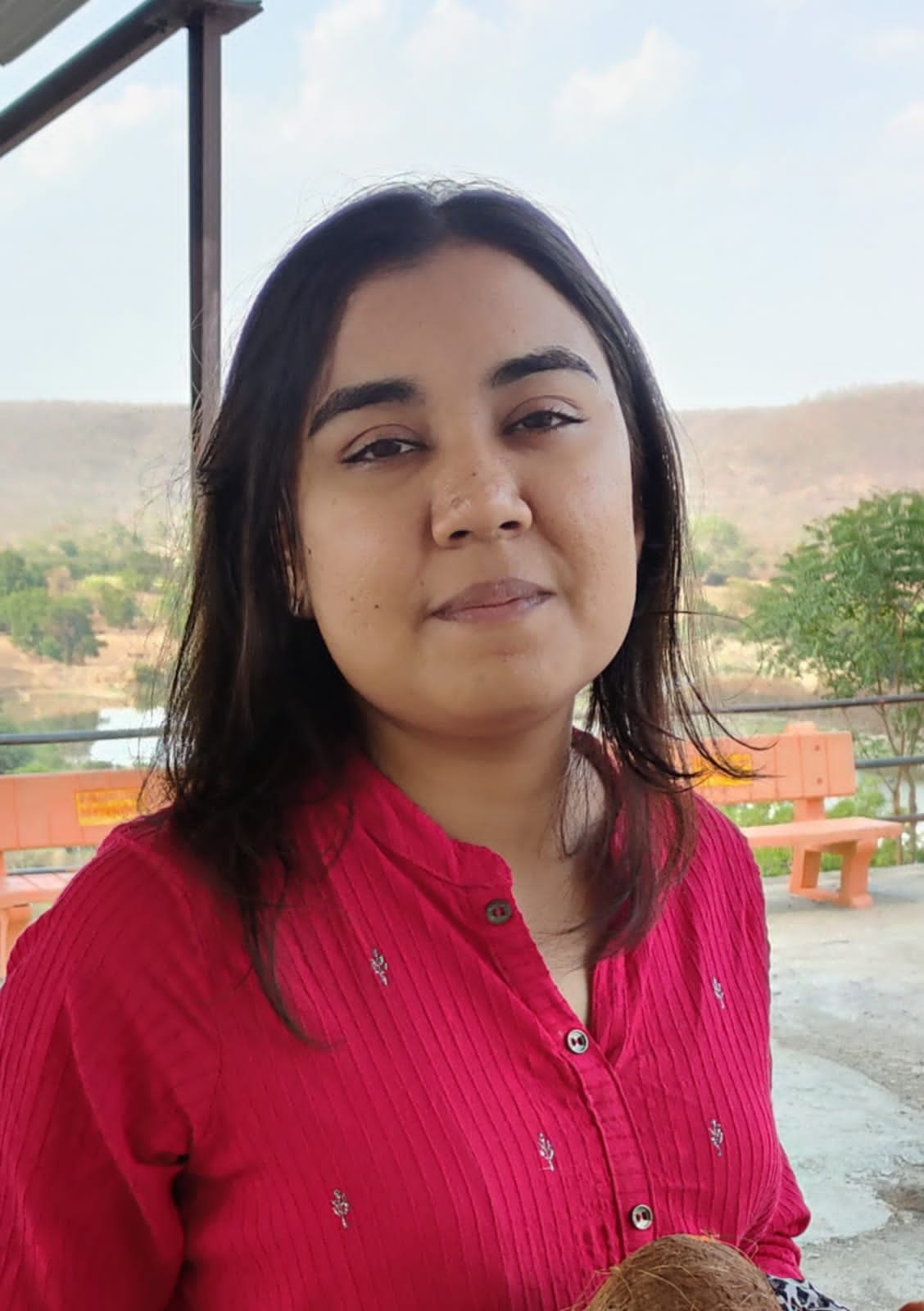Life takes the most unexpected turns when you are anticipating them the least. I had just started my internship at the dental school and was trying to settle in, making plans for my further studies, etc., but who can escape god’s plan. I got diagnosed with a rare disorder to which I lost both my kidneys. I was put on medication later, I was shifted to dialysis, which started with two cycles per week and now it has been increased to three times a week. I had to make a decision to go on the transplant list. They say it rains hard on the people who deserve the sun.
The decision to go on the transplant list was not that easy, it was a roller coaster of emotions. The life on the list is a journey full of hope, anxiety and sometimes frustration. The uncertainty can be overwhelming and mask the optimism in you, challenging you to fight your own battles and demons. The toughest thing is dealing with the unknown. It’s like being in the queue in a liminal space with eerie loneliness and limbo.
One of the hardest parts is dealing with the unknown. Every phone call from the hospital makes my heart race, with the hope and anxiety that come along with it, of becoming a potential match. The fear of “what ifs”. The dread of the long quarantine and even stricter medicine schedules after the transplant. Even the thought of it haunts me sometimes. But through it all, I’ve learned to take things one day at a time and find strength in the little victories. In these tough times the real blessing in disguise comes from my extremely supportive medical professionals, a wonderful family and friends and also those random internet communities.
During these times, things can get tricky for a person who doesn’t have a relative serving as a live donor. They have to be totally dependent on the donor pool of the deceased donor. According to the statistics from the Global Observatory for 2022, India accounts for 25% of living donor kidney transplants performed worldwide, but only 3% of deceased donor kidney transplants. The heart transplant rate has also decreased compared to 2022 but lung transplants were at the peak. Notably, 15% of kidney transplants and 20% of liver transplants involved organs from deceased donors.
According to a Canadian study, you are more likely to need an organ transplant than to ever become an organ donor. What’s the odds of even being odd in your favour? I feel the greatest gift to mankind is life, and getting a transplant is like reviving and resurrecting your defeated playmate in a video game. I think it’s altruistic that the donors and their families put their grief aside to give consent to
donating their own loved ones organs to save somebody’s life.
While I wait for my transplant, I also advocate organ donation. Unfortunately, demand for organs far exceeds the supply. Many patients, including myself, face long and uncertain waits, and some never even receive the life saving transplant they need. We all are waiting for that one phone call which will change our lives.
Organ donation is indeed a profound act of compassion and kindness which has a power to save someones life. Giving the patient and their family a second chance at One deceased organ can potentially save up to eight lives and enhance over 75 more. Living donation is a viable option in the case of kidneys and livers. Most of the deceased donations come from brain stem dead patients and recently, donations after circulatory death have emerged which will increase the donor poll. A person who didn’t die in the hospital or in an accident could potentially qualify as a donor. A person who died of a natural cause can donate their eyes, skin, tendon, heart valves, etc.
Every day , I am reminded of the fragility of life and the incredible gift that organ donors provide. If you haven’t already, please consider registering as an organ donor and encouraging others to join. Together, we can make a difference and give the gift of life. Your decision could save multiple lives, including mine. This year’s Organ Donor Awareness campaign is built around the theme ‘Don’t Leave Your Loved Ones in Doubt!’ #LeaveNoDoubt.
The key message is to encourage people to speak to their loved ones about organ donation and to let them know what their wishes are should they pass away. Sharing their wishes when they are in good health makes it a less stressful decision for their family in the event of them being approached about them being a potential organ donor.
“SAVE A LIFE, BE A HERO”
👉 Click here to read the latest Gujarat news on TheLiveAhmedabad.com




